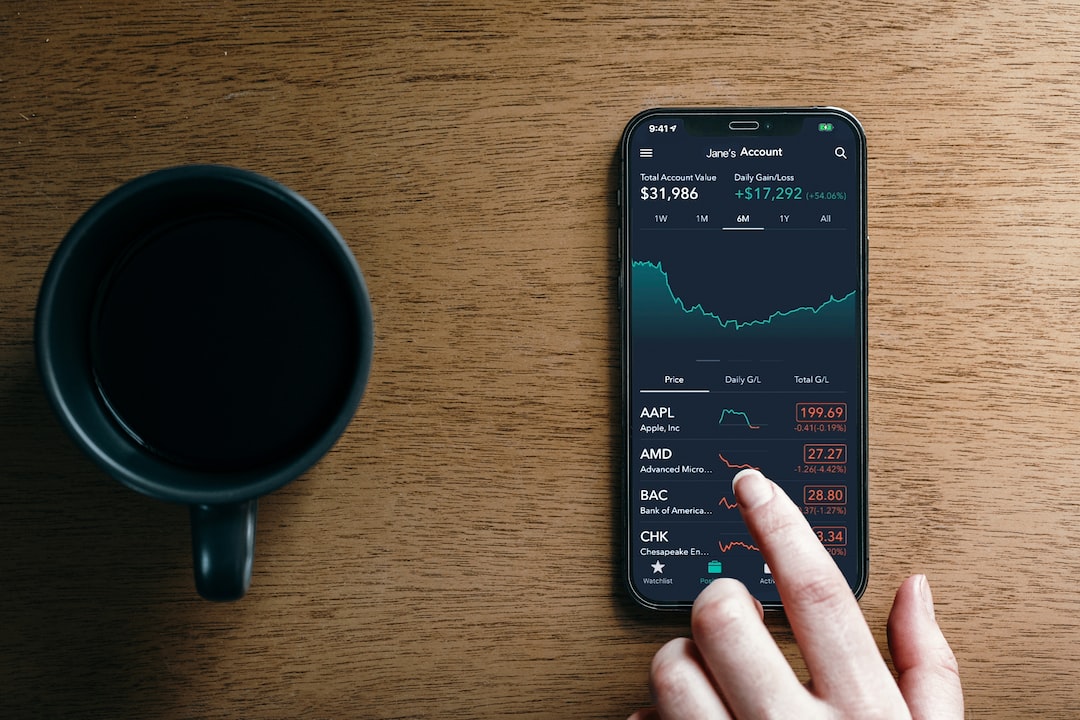The Rise of Onchain Structured Products in Crypto Trading
The crypto industry is seeing a growing trend of onchain execution of structured products, offering transparency and eliminating counterparty risks. This comes as traditional market players and crypto trading firms collaborate to trade these products and as U.S. regulators begin to oversee the industry. In a recent development, digital assets manager MEV Capital and financial services provider Marex executed an “autocallable” trade tied to ether (ETH) through a smart contract built by Ribbon Finance, now known as Aevo. This milestone represents a significant advancement for the structured products industry as it enables complex payoffs to be encoded on-chain, ensuring trustless and automated trade lifecycles.
Key Points:
- MEV Capital and Marex have executed an onchain “autocallable” trade tied to ether through a smart contract built by Ribbon Finance.
- An autocallable is a structured note that allows investors to earn contingent interest if the underlying asset closes at or above a specific level on observation dates.
- The autocallable purchased by MEV has a barrier at 85% of the initial price, autocall trigger at 100%, and a guaranteed coupon of 0.5% per week.
- The onchain deployment of structured products reduces counterparty risks and enhances market-neutral strategies.
- By leveraging smart contract features, autocallables become more transparent for investors, enable instant settlement, and eliminate issuer credit risk.
Hot Take: The onchain execution of structured products brings greater transparency and trust to the crypto industry, while also reducing counterparty risks. With the ability to encode complex payoffs on-chain, investors can now engage in automated and trustless trade lifecycles. This development marks a significant milestone for the structured products industry and further highlights the potential of blockchain technology in transforming the way financial products are transacted.





 By
By

 By
By

 By
By